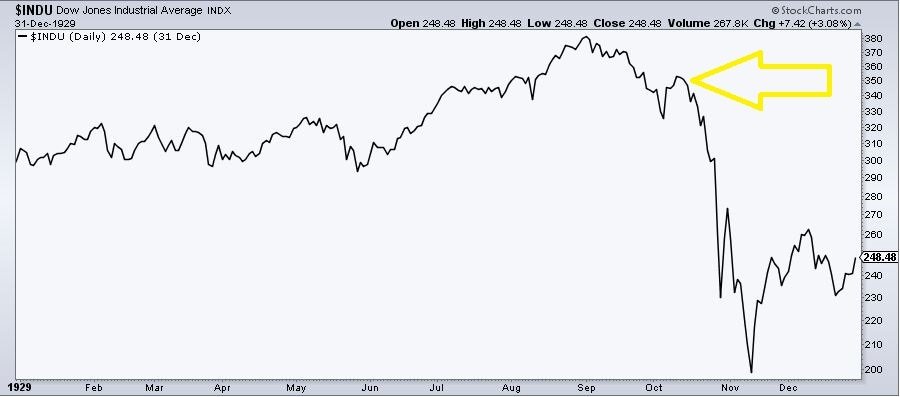Speaking of the basics, I got this from Fidelity. They give some tips for managing your portfolio during a down market. I know this will be old hat to a lot of people here, but I'll pass it along, in the hopes that it might provide some useful information to someone.
https://www.fidelity.com/learning-c...t-and-market-volatility?ccsource=email_weekly
Here's a 4-step plan to weather the current downturn, and future ones too.
1. Start with a strong plan
For most people nearing or in retirement, the key question is: How much can I withdraw from savings without running out of money prematurely? Our rule of thumb is to limit withdrawals to 4% to 5% of your initial balance when you enter retirement and make annual adjustments for inflation.
Your plan should also account for your essential expenses. Consider an income strategy that includes enough guaranteed money—including Social Security, pensions, or annuities1—to cover housing, food, and other essential expenses. And have a good solid emergency fund for the unexpected. That way, your investment accounts are funding entertainment, travel, gifts, and other discretionary expenses, giving you the comfort to live with additional risk without worrying about your essentials, and giving you the flexibility to pare back the spending from your investment accounts during down markets if it makes you more comfortable.
If you have a strong plan in place, you should not be forced to make changes during a down market.
2. Look at cash before selling securities
When the market is down, cash can be a valuable shock absorber. Consider using the cash portion of your portfolio or savings to delay the need to sell stocks while the market is down.
Selling stocks in a downturn can leave a portfolio with less stock exposure than your plan calls for, hurting your performance during any potential recovery, and turning what may be a temporary market decline into a permanent dent in your income stream.
3. Reconsider Social Security
If you are short on cash, and you have not claimed Social Security, you may want to look at your strategy. For many people, it makes sense to delay claiming Social Security, since the higher monthly benefit that you receive if you delay claiming can help fund your retirement over the long term. But, if you are cash strapped and considering selling stocks in a down market, you may want to reconsider. If you are between 62 and your full retirement age, you could claim retirement benefits now, and then suspend benefits anytime after your full retirement age and before 70—this strategy allows you to gain income now while leaving your money invested during a potential recovery. Although your Social Security benefit will be reduced due to claiming early, you limit the impact by suspending the benefits after you reach your full retirement age. After you suspend your benefits, your future monthly benefit will grow about 8% for each year you suspend, until age 70.
4. If you do sell, be strategic and tax-smart
Even with a plan designed to try to weather down markets, you may need to sell securities to free up cash to pay bills, replenish the cash portion of your portfolio, rebalance your portfolio, or buy attractive securities during the down market. Here are a few things to keep in mind.
Rebalance back to your plan. If the downturn in stocks has left your portfolio tilted to bonds, you may want to sell bonds first. That could help raise cash while leaving your stocks invested for a potential rebound. If, on the other hand, your portfolio has more stocks than your long-term strategy calls for, consider rebalancing out of stocks.
Start by selling investments you no longer want. Consider selling investments that no longer fit your strategy, or whose outlook or qualities have changed since you bought them. Even if you are forced to sell to generate cash, it can be a good opportunity to clean up your portfolio.
Take advantage of tax losses. You shouldn't make investment decisions based exclusively on taxes, but if you are looking to sell, you may want to identify securities trading for a loss. A loss on the sale of a security can be used to offset any realized investment gains, and then reduce taxable income by up to $3,000 annually.
Consider short-term vs. long-term capital gains. Securities held for more than 12 months are considered long term. If the security is then sold for a gain, the long-term gains are taxed at a top federal rate of 23.8% versus 40.8% for short-term gains.2 Being conscious of holding periods is a simple way to avoid paying higher tax rates. Taxes are, of course, only one consideration. It's important to consider the risk and return expectations for each investment before trading.

